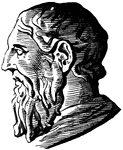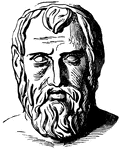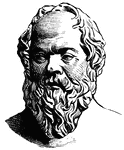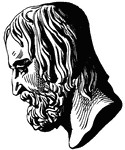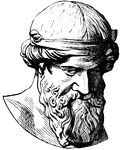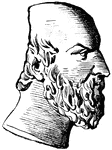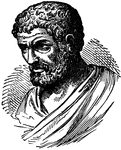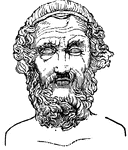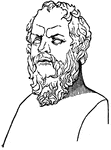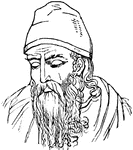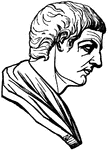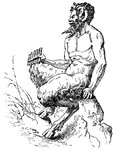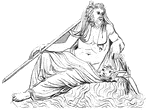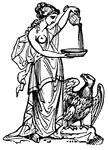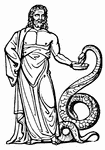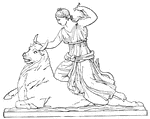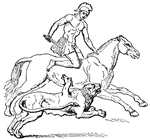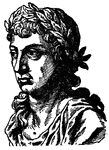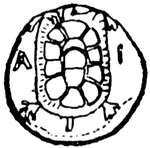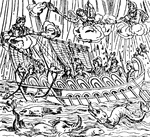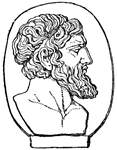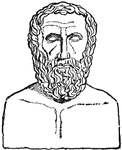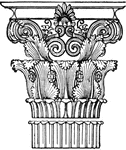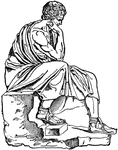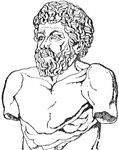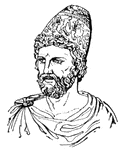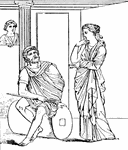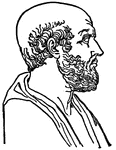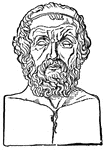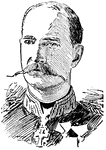
George I, King of Greece
George I (1845 – 1913) was King of Greece from 1863 until his death in 1913.
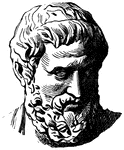
Sophocles
(c. 496-406 BCE) Tragic playwright of Ancient Greece. He wrote many famous plays including Electra,…

Paris
Ancient Greek Mythology. Paris begins the Trojan War by kidnapping Helen of Troy, the most beautiful…
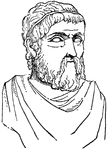
Sophocles
(c. 496-406 B.C.) Tragic playwright of Ancient Greece. He wrote many famous plays including Electra,…
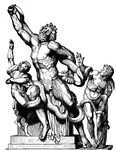
Laocoon
Trojan priest who warned the Trojans about the Greek horse. He and his two sons were killed by serpents.
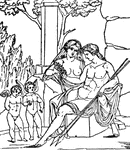
Adonis and Venus
Adonis was loved by Venus. When he was killed by a wild boar while hunting, Venus changed his blood…
![Rodolphus Agricola (Phrisius) (?February 17, 1444, August 28, 1443?[1] – October 27, 1485) was a pre-Erasmian humanist of the northern Low Countries, famous for his supple Latin and one of the first north of the Alps to know Greek well. Agricola was a Hebrew scholar towards the end of his life, an educator, musician and builder of a church organ, a poet in Latin as well as the vernacular, a diplomat and a sportsman of sorts (boxing). He is best known today as the author of De inventione dialectica, as the father of northern European humanism and as a zealous anti-scholastic in the late-fifteenth century. Born at Baflo, in the Dutch province of Groningen, Agricola was originally named Roelof Huusman.](https://etc.usf.edu/clipart/4300/4301/arigicola_1_mth.gif)
Rodolphus Agricola
Rodolphus Agricola (Phrisius) (?February 17, 1444, August 28, 1443?[1] – October 27, 1485) was a pre-Erasmian…
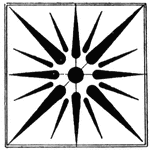
Greek star
Uraniscus, the star-like decoration of a Greek coffer ceiling. From the Propylea in Athens. Gold on…
